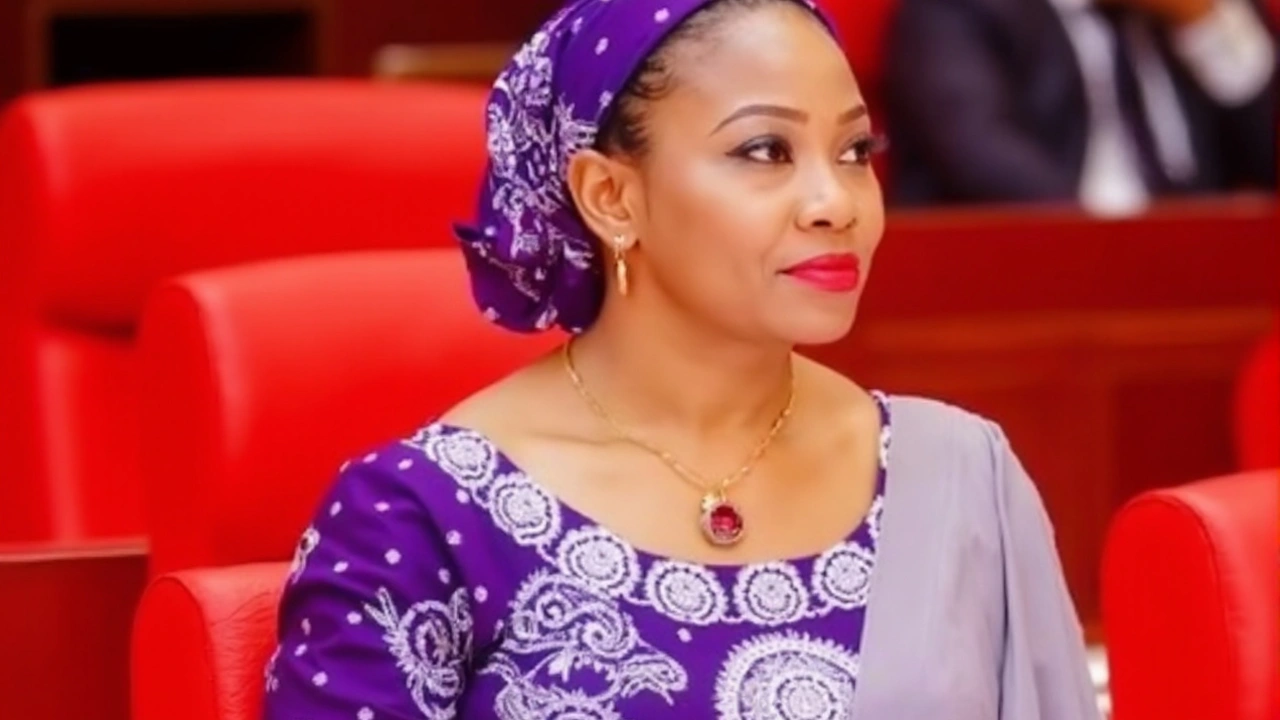When a Nigerian senator gets suspended, it makes headlines for good reasons. A suspension means the senator loses their privileges and can’t participate in parliamentary activities for a set time, often due to serious misconduct claims. A recent example is Senator Gloria Orwoba, who faced a 79-day suspension early in 2025 for allegations of gross misconduct. The Senate didn't take this lightly, and the High Court backing the suspension adds weight to the situation.
So, what actually leads to such a suspension? Typically, it involves actions seen as undermining the dignity or functioning of the Senate. Sometimes, it’s about refusing to cooperate with Senate investigations or committees. In Senator Orwoba’s case, she allegedly didn’t comply with a committee inquiry, sparking the punishment. Despite the suspension, she publicly apologized, showing a willingness to mend fences. But, this raises questions on how suspensions affect both the senator's role and the overall political environment.
Senate suspensions aren’t just about disciplining one individual—they reflect on political accountability in Nigeria. They signal that lawmakers face consequences if they flout rules or behave questionably. Yet, suspensions can disrupt legislative work, especially if the senator plays a key role in committees or debates. The public often watches these suspensions closely, as they suggest how serious parliament is about maintaining integrity. Yet, they also lead to debates on fairness and political maneuvering.
How does this impact citizens? When the Senate enforces discipline, it can boost trust that leaders are held to standards. But it might also highlight deeper problems like internal conflicts or power struggles. For Nigerians following the news, a suspension is a chance to understand the balance between political rights and responsibilities. It shows how lawmakers navigate tough situations and whether transparency wins out.
The Nigerian Senate suspension stories tend to evolve. Court rulings, political reactions, and public opinion all shape how the fallout plays out. For Senator Orwoba, her apology might open doors for negotiation or reinstatement. Meanwhile, new cases may emerge, showing that the Senate remains vigilant. Keeping an eye on these updates helps people gauge how Nigeria's democracy manages internal discipline. It’s a reminder that politics isn’t just about elections but also about how officials act once in office.
Want to stay updated on Nigerian Senate suspensions and other political news? Keep checking news sources that dig into the latest developments without the jargon. Understanding these events helps you see the bigger picture of how governance works and what accountability looks like in practice.
